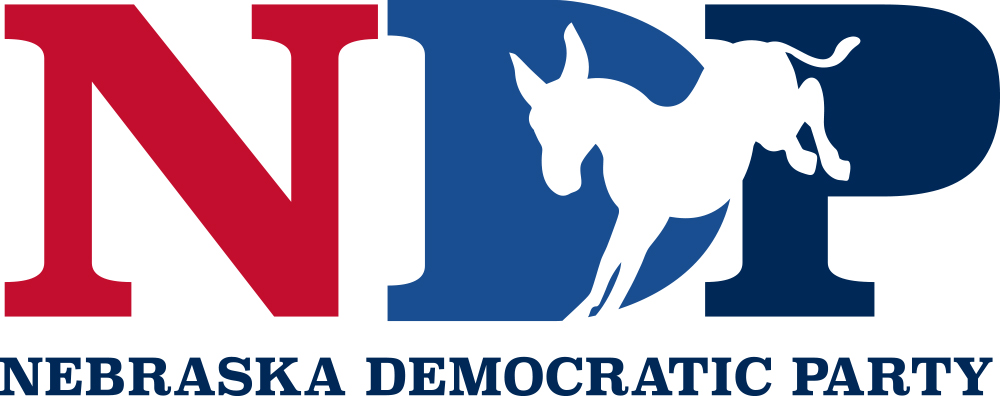Largely overlooked in the general relief when the U.S. Supreme Court narrowly found the Affordable Care Act to be constitutional in 2012, was the Court’s holding that the Medicaid expansion wasn’t mandatory for the states. Instead, the 50 state legislatures and Governors would have to actually adopt the Medicaid expansion through the legislative process. That was the price that Chief Justice John Roberts extracted for his necessary fifth vote which found most of the ACA to be constitutional. Since that ruling was handed down, 30 states – including several red states – have adopted the Medicaid expansion.
Unfortunately, Nebraska is one of the 20 hold out states. Despite three previous efforts to pass the Medicaid expansion through the Unicameral, a right wing Republican filibuster has blocked an up or down vote on the measure. Moreover, both Governors Heineman and Ricketts have voiced their opposition to the Medicaid expansion. This despite the fact that there has been a consistent majority in the Unicameral which supports this effort to insure 77,000 additional Nebraskans.
Despite these setbacks, the backers of the Medicaid expansion haven’t given up. Senator Heath Mello has teamed up with two Republican State Senators to sponsor a bill that would create a private option for expanding Medicaid, similar to what has been done in some other red states. Under Mello’s bi-partisan bill, Nebraska would use Medicaid funds to purchase private health insurance for low income people instead of having them enroll in traditional Medicaid.
Adoption of the Medicaid expansion would bring into Nebraska over $2 billion in federal money over the next five years, insure approximately 77,000 additional Nebraskans and provide a vital lifeline for many rural hospitals.
What many people don’t seem to realize is that the federal government would be paying the lion’s share of the costs of the Medicaid expansion. As Don Walton of the Lincoln Journal Star wrote: “The federal government would pay 100 percent of the costs through 2016; the federal share then would gradually begin to phase down to a 90 percent floor in 2020.”
The proposed Medicaid expansion isn’t some untested or novel idea. It has actually worked very well in the states where it has been adopted. For example, in Kentucky, the Medicaid expansion has injected more than $3 billion into the Blue Grass state’s economy in the form of payments to Kentucky doctors, hospitals and other health care providers. The bottom line result for Kentucky has been higher tax revenues, improved job creation, and overall better economic activity, in the amount of approximately $1 billion net benefit through 2021.
Despite the proven benefits of the Medicaid expansion in 30 other states, Governor Ricketts and his band of right wing supporters in the legislature have opposed the Medicaid expansion on cost grounds. They are of the misguided belief that Nebraska can’t afford the Medicaid expansion.
Apparently, the right wing opposition to the Medicaid expansion is based upon the belief that the federal government will renege on it’s obligation to finance most of the costs. However, the bi-partisan bill being co-sponsored by Senator Mello has a trigger mechanism that would end the Medicaid expansion in the unlikely event the federal government broke it’s promises. However, that is a remote prospect since the federal government has paid it’s promised 60% share of the costs of traditional Medicaid since it’s implementation in 1965.
What Governor Ricketts and his followers fail to recognize is that uncompensated medical care is already costing the state’s residents and health care providers. All of us pay a hidden tax in higher health care costs and insurance premiums to cover the costs incurred by health care providers who provide uncompensated care to the uninsured. According to a study by two University of Nebraska at Kearney professors, “expanding Medicaid would reduce the amount of uncompensated care for Nebraska hospitals by $483 million by 2020.”
What this is means is that refusing to adopt the Medicaid expansion won’t save Nebraska citizens and health care providers any money. Instead, all of us would continue to pay for the cost of uncompensated care through what I would term the “Ricketts tax.” Refusing to adopt the Medicaid expansion won’t make the cost of uncompensated care go away. It will still be with us and we will all be paying the price.

